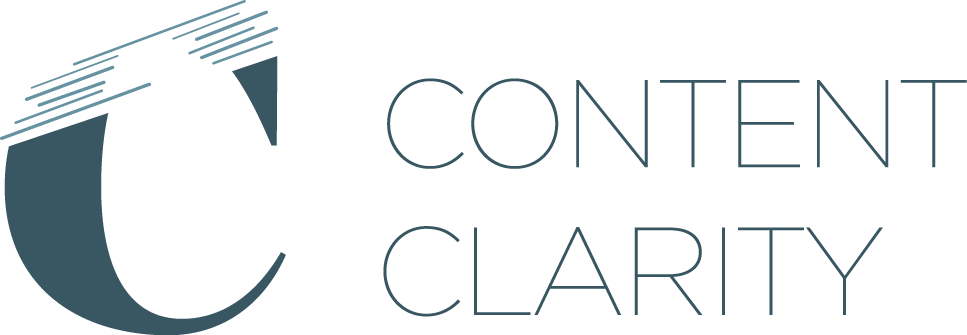
A well-defined content strategy is key if your company’s content marketing campaigns are going to succeed. Still, creating buyer personas, collaborating across teams, and finding relevant topics and keywords can seem like an overwhelming to-do list even for seasoned content professionals.
Whether you work as a front-end content strategist or a back-end strategist, it’s helpful to have some tools on-hand to manage your workflow and come up with creative solutions for optimizing and managing content.
Fortunately, there are useful tools for everything from content audits to keyword research. Here’s our list of the top 6 tools that make content strategists’ lives easier:
1. Make My Persona by HubSpot

(Image from HubSpot)
You probably have a basic understanding of your target audience — their demographics, where they hang out online, and what they are passionate about. Sometimes, it’s helpful to visualize it.
HubSpot helps you bring your buyer personas to life with its free Make My Persona tool. Start by picking your avatar and then filling out their demographic traits and career. By plugging in your buyer’s characteristics, you’ll get an infographic of your buyer persona. These can be useful reminders for your content creators — a tidy view of who your audience is, what they care about, and how to communicate with them.
If you pay for HubSpot, you can add the personas to your software to measure where they are at in the sales pipeline.
2. Gather Content

(Image from GatherContent)
We like to use GatherContent to streamline workflow, content creation, and operations on one platform.
This tool is especially great for big or complex projects (read: lots of contributors and reviewers) because you’re able to add assignments and due dates as well as track the status of the content. This allows projects to flow more smoothly – and makes it easier to notice production errors before they become an issue. Your team will be more organized than ever before with the content calendar and status updates, which can be integrated with Slack.
3. Google Docs
It’s utterly devastating when you create beautifully crafted content… then Word crashes and your unsaved document is lost forever. Google Docs is an easy (and free!) solution for content strategists to create and collaborate.
We use Google Docs for version control and sharing documents across team members as well as with clients. Change the settings based on your preferences if you want people to edit the document or only view it.
Some other notable features are that you can download your documents into other formats such as Word or PDF and access documents across multiple devices.
4. Screaming Frog SEO Spider
Most content audits begin with an inventory. But when you’re working with a site that has hundreds or thousands of pages, a manual inventory is out of the question.
The Screaming Frog SEO Spider is the perfect free tool for automating content inventories (saving lots of time during your content audit). The website crawler lets you crawl websites’ URLs and gather key elements to analyze and audit the content (as well as search performance).
5. Feedly

(Image from Debunking Life)
Need some inspiration or help staying on top of trends? Feedly is an excellent platform for discovering insightful sources in your field. Check out what top industry influencers are talking about and see what your competitors are sharing.
This tool lets you arrange content into topic-based feeds to enhance your reading experience (also helpful when you work with clients across different industries). Come up with endless content curation ideas based on your niche and increase your expertise about the products and industries you help market.
6. Google Keyword Planner
Use Google Keyword Planner for gathering information about how often particular words are searched and the way those searches develop over time.
Start by looking for words or phrases related to your business or products. The keyword analysis tool will suggest the best keywords for you to use. This helps you discover the most relevant search terms to implement into your content.
Do you use any tools to help you build an effective content strategy? Let us know in the comments below and we’ll add them to our list!
